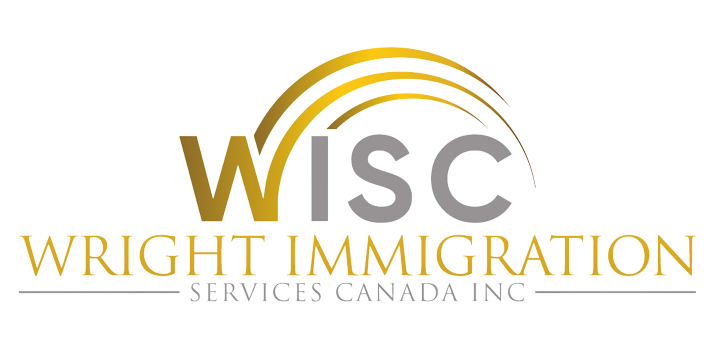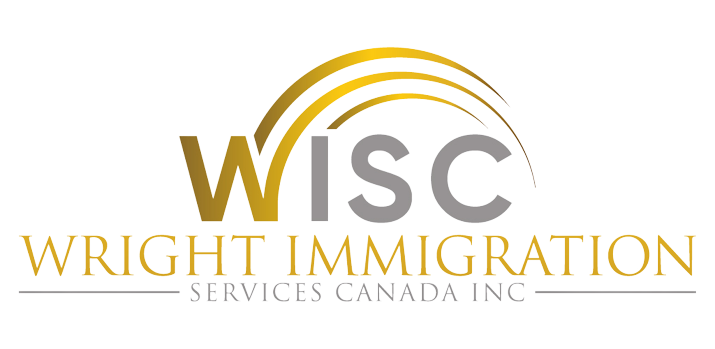IMMIGRATE
Express Entry
Express Entry (EE) is an online application system that is used by the Canadian government to manage applications. It provides a pathway to permanent residence for skilled workers in Canada or overseas. There are 3 immigration programs managed through Express Entry
Federal Skilled Worker (FSWP)
This pathway allows foreign nationals with specific skills to immigrate to Canada based on their profiles based on their skilled work experience, language proficiency, education, age, adaptability, possible job offer which are some of the determining factors needed to enter the Express Entry pool.
Federal Skilled Trades (FSTP)
The FSTP allows qualified skilled trades foreign nationals to immigrate to Canada. They are assessed on their skilled work experience, language proficiency, education, age, adaptability, proof of funds, and possession of a valid job offer. Skilled trade qualifications are assessed by a province or a territory.
Canadian Experience Class (CEC)
This pathway allows foreign nationals who have gained Canadian experience (through valid authorization to study or work) to immigrate to Canada. CEC candidates are assessed on their skilled work experience in Canada and language proficiency. If you intend to reside in Quebec, you cannot apply under the CEC program.
Provincial Nominee Programs (PNPs)
Each province and territory except Quebec and Nunavut have its own PNP. Through the PNP, Canada’s provinces and territories can nominate people who wish to immigrate to Canada and reside in that particular province.
Quebec Immigration
The province of Quebec has its own immigration system with its own selection criteria that is separate from immigration refugee and citizenship Canada (IRCC) programs and also separate from the PNP. The applicants who are selected to immigrate to Quebec are given a Quebec Selection Certificate or Certificat de sélection du Québec (CSQ)
Atlantic Immigration Program (AIP)
Atlantic Canada includes four provinces: · New Brunswick · Newfoundland and Labrador · Nova Scotia · Prince Edward Island Atlantic Canada has its own immigration program called the Atlantic Immigration Program (AIP). The AIP allows employers to attract and retain foreign talent. The employers who wish to participate and benefit from the AIP must find suitable candidates and offer them a job. They can do so without conducting a Labour Market Impact Assessment (LMIA) Also, employers who wish to quickly fill up vacant positions may also have access to a temporary work permit. If there is a successful match; the candidate accepts the offer, the employer must connect the candidate with a designated organization that will help the candidate to develop a settlement plan. Once you have accepted the job, you cannot work outside the Atlantic province. The work permit is an employer specific work permit.
Rural and Northern Immigration Pilot (RNIP)
The Rural and Northern Immigration Pilot (RNIP) is community-driven. The Foreign national must show intention to live in the participating communities. These communities are remotely located amongst larger cities within specific provinces. Ontario: North Bay, Sudbury, Timmins, Sault Ste. Marie, Thunder Bay, Manitoba: Brandon, Altona/Rhineland, Saskatchewan: Moose Jaw Alberta: Claresholm British Columbia: Vernon, West Kootenay (Trail, Castlegar, Rossland, Nelson) In order to be considered eligible to participate in the pilot, the community must be located in Alberta, British Columbia, Manitoba, Northwest Territories, Nunavut, Ontario, Saskatchewan and Yukon with a population of 200,000 or less plus other qualifications.
Agri-Food pilot Program
The Agri-Food Immigration Pilot program provides eligible temporary foreign workers in the Canadian agriculture sector a pathway to Canada permanent residence. They must have a non-seasonal job offer from a Canadian employer in one of the eligible industries and occupations. They must not apply for a job located in the province of Quebec.
Home Child Care Provider Pilot
Canada has reformed its caregiver pathways for permanent residence in recent years. It currently operates two pilot programs for caregivers who wish to obtain permanent residence. The pilots also give applicants the opportunity to obtain temporary work permits while they wait for permanent residence. The first is called the Home Child Care Provider Pilot. The second is called the Home Support Worker Pilot. Workers in this category must be experienced and demonstrate qualifying skills as caregivers. The Home Child Care Provider pilot program is currently closed for new applications and will reopen on January 1, 2023.
Frequently asked Questions
How do I migrate to Canada?
There are many pathways that you can immigrate to Canada. You can acquire Permanent Residency status by immigrating as a skilled worker (FSWP) The Federal Skilled Trade Program (FSTP), through the Canadian Experience Class (CEC), The Provincial Nominee Program (PNP), or as an investor. If you are not sure what you are qualified for, we can assess your profile and guide you through the process. Contact us for more information.
What are my chances of getting a Permanent Residence Visa?
Your chances of getting a Permanent Residence Visa depends on various factors, as you will need to build a strong online profile. Contact us for more information.
Are there any other programs I can apply to other than Express Entry?
You can get a nomination by applying through the non-Express Entry application process under the Provincial Nominee Program.

